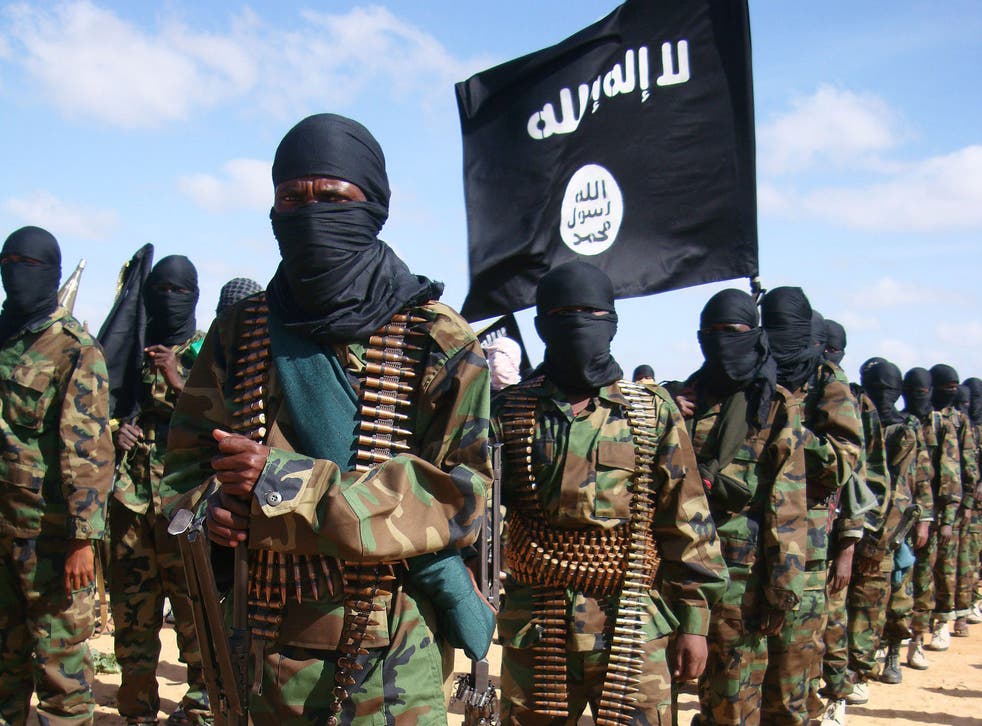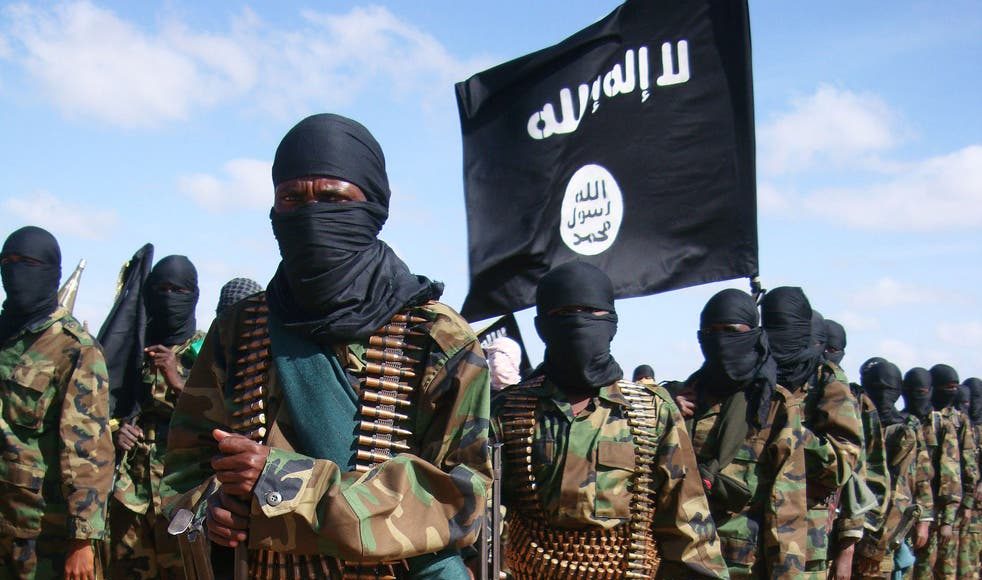
Vladimir Voronkov, UN counter-terrorism chief, has raised the alarm that terrorist groups, including al-Qaeda and the Islamic State are spreading across the African continent.
Voronkov said this while briefing the security council on the eve of the fourth commemoration of the international day of victims of terrorism on Thursday at the UN headquarters, New York.
Presenting the secretary-general’s latest report on the threats posed by terrorist groups, Voronkov said al-Qaeda and Islamic State, also known as Da’esh, are exploiting the pandemic to regroup.
He said the terrorist groups have been adapting to new technologies and moving into some of the world’s fragile regions and continue to pose a threat to peace and security globally.
He said Da’esh is exploiting the disruption, grievances and development setbacks caused by the pandemic to regroup, recruit new followers and intensify its activities both online and on the ground.
“Today, we face transnational terrorist threats like Da’esh and al-Qaeda that are enduring and able to adapt to new technologies,” Voronkov said.
“But also expanding to include individuals and groups that commit terrorist attacks connected to xenophobia, racism and other forms of intolerance.”
He said the world is currently witnessing a rapidly evolving situation in Afghanistan “which could have far-reaching implications” around the globe.
He cited Da’esh’s expanded presence in that country and pointed out that several members of the Taliban have been designated as terrorists by the security council.
“We will need to ensure that Afghanistan is never again used as launching pad for global terrorism,” he said.
While Da’esh remains focused on reconstituting its capabilities in Iraq and Syria, Voronkov said the most alarming development in recent months is the group’s relentless spread across the African continent.
He said the ‘Islamic State in the Greater Sahara’ has killed several hundred civilians since the start of 2021 in Mali, Burkina Faso and Niger Republic while the group’s ‘West Africa Province’ will likely gain from the weakening of Boko Haram, with additional spillover of terrorists and foreign fighters from Libya.
He said the expansion of Da’esh in Central Africa, and especially in northern Mozambique could have far-reaching implications for peace and security in the region.
“A global response is urgently needed to support the efforts of African countries and regional organisations to counter terrorism and address its interplay with conflict, organised crime, governance and development gaps,” Voronkov said.
Voronkov also cited the continued detention of thousands of individuals with alleged links to terrorist groups as another factor exacerbating the threat.
He said deteriorating conditions in detention facilities and displacement camps in north-east Syria, in particular, are serving as a rallying cry for terrorist activities.
“They have already fuelled instances of terrorist radicalisation, fund-raising, arms smuggling, training and incitement to terror,” he said.
Against that backdrop, he asked member states to voluntarily repatriate all concerned individuals, with a particular focus on children.
Source: The CableNG


















































